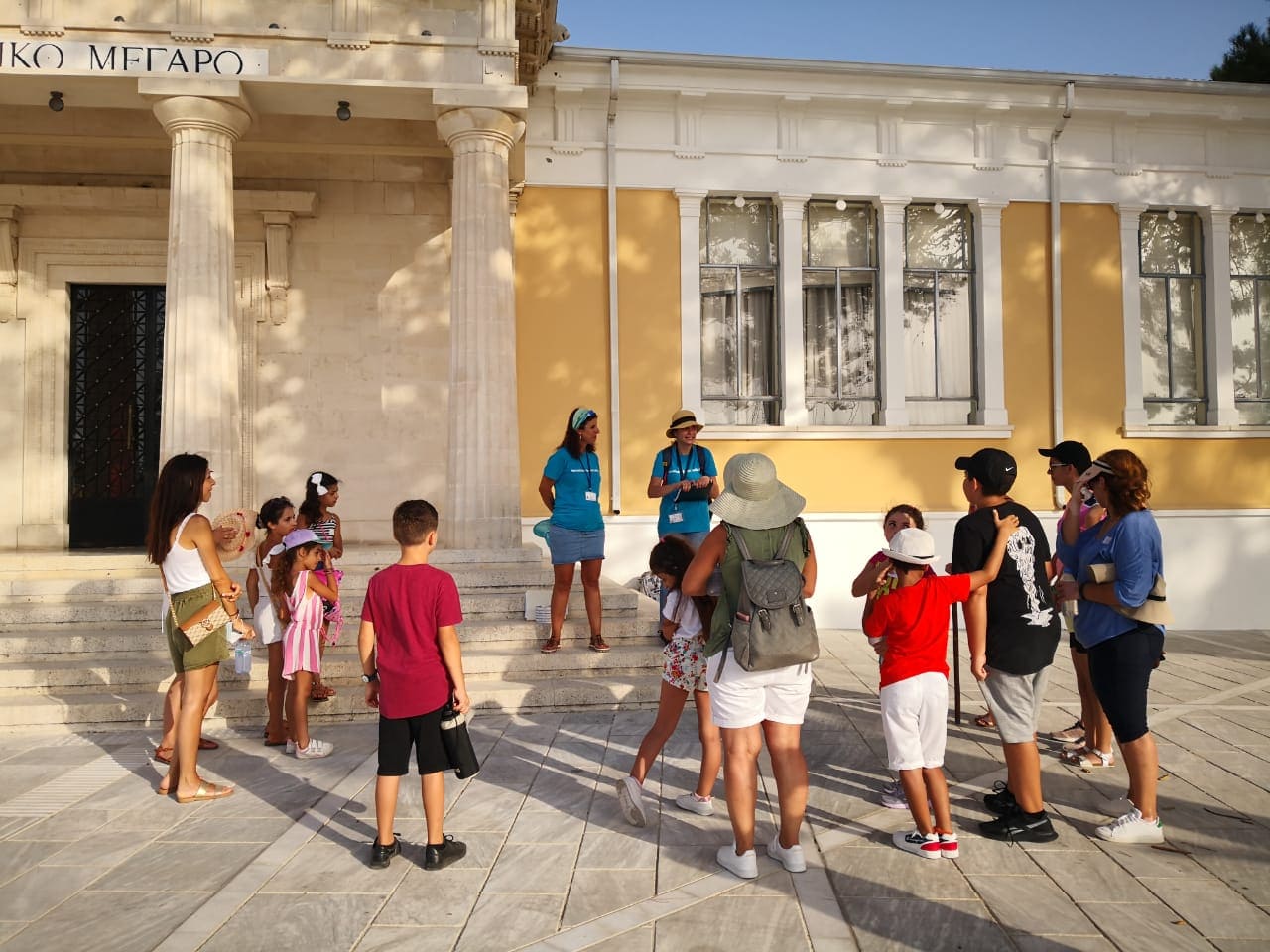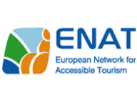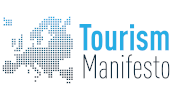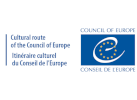FEG Executive Officer
Tourist Guides hit hard by loss of business due the Covidpandemic
Responses from nearly 3,000 qualified tourist guides from across Europe to a survey carried by the European Association of Tourist Guide Associations (FEG) paint a bleak picture. Cancelled tours and almost complete loss of income during 2020, combined with huge variation in the financial aid available to help them weather the crisis, have had an enormous impact.
Almost 90% of the guides who completed the online surveyare self-employed, and the majority lost up to 80% of their work in 2020. Some are new to the profession, others have been welcoming tourists and introducing them to the culture and landscape of theircountry for over 20 years, and for most, tourist guiding is their main source of income.
With the 27 FEG member-associations being located both in European Union states and outside, almost half of the tourist guides weren’t able to access any financial support from their national or local government bodies and replied they are not satisfied from the state support they received, while only 4% of them replied they received compensation equal to 60% or more of their lost income. Uncertainty remains about the level of help that might be available in 2021, whilst only 35% of respondents feel confident their guiding work will recover to at least half its former level during 2019.

Photo courtesy of Cyprus Tourist Guide Association
From necessity almost half the guides who completed the survey have found or are seeking work outside tourist guiding. However, most remain committed to their profession, and over 80% of those who completed the questionnaire want to continue working as tourist guides. They have been using their downtime creatively to increase their knowledge and acquire new skills, such as learning a new language, producing virtual tours, investing in digital marketing for promoting their guiding services or gaining new expertise on themed guiding.
Despite their positive attitude without a significant increase in government support a second year of lost income will see many professional tourist guides forced to rethink their future, and the tourism industry will suffer for their loss. To put this in context, the European Union tourism sector accounts for 9.5% of the Gross Domestic Product (GDP), and cultural tourism, where tourist guides play a central role, accounts for 40% of all European tourism.
FEG trusts that the evidence provided by this survey will encourage national governments and regional authorities to reconsider their policies on financial support to a profession hit by Covid 19, so that qualified tourist guides can access the help they need to continue to provide their expert services as the ambassadors of destinations and contribute to the rapid recovery of the vital European tourism industry.










